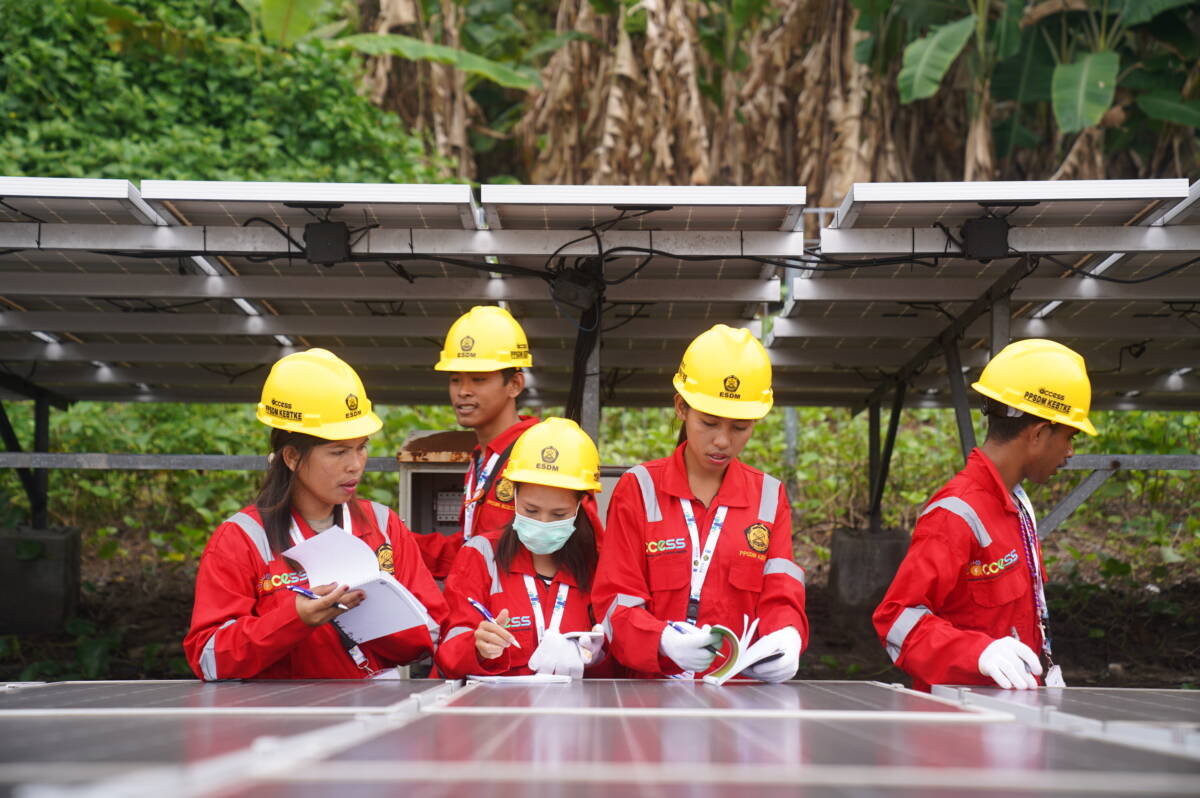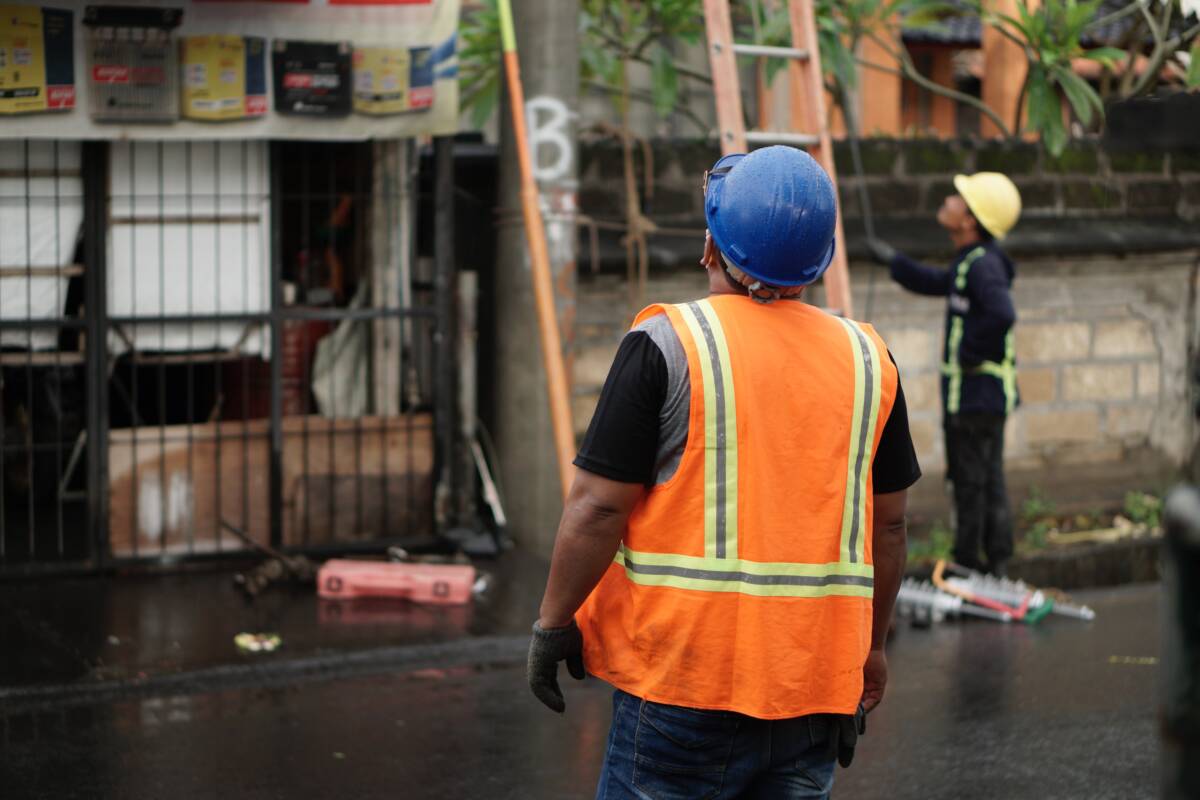
Indonesia’s Workforce in the Energy Transition: Government Needs to Map and Act
Navigating the socio-economic impact is one of the challenges in Indonesia’s energy transition agenda, due to the huge contribution of the current energy ... Read more.

Employment Readiness for Renewable Energy in Indonesia
Jakarta, May 2023 – Indonesia has made important commitments to achieve climate and development targets, and it has begun to pay attention to reducing car... Read more.
